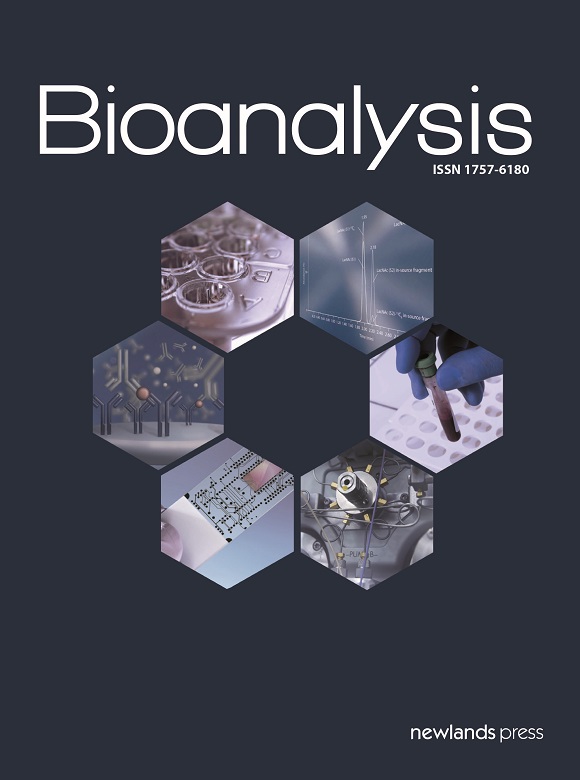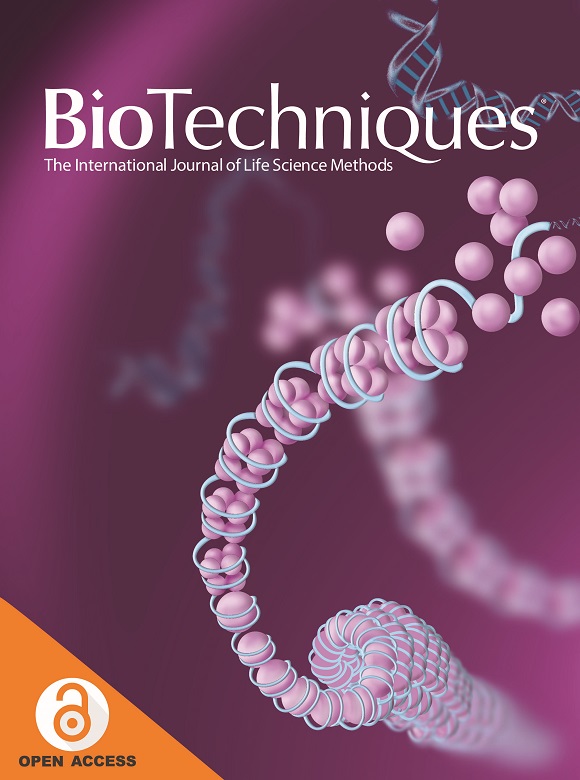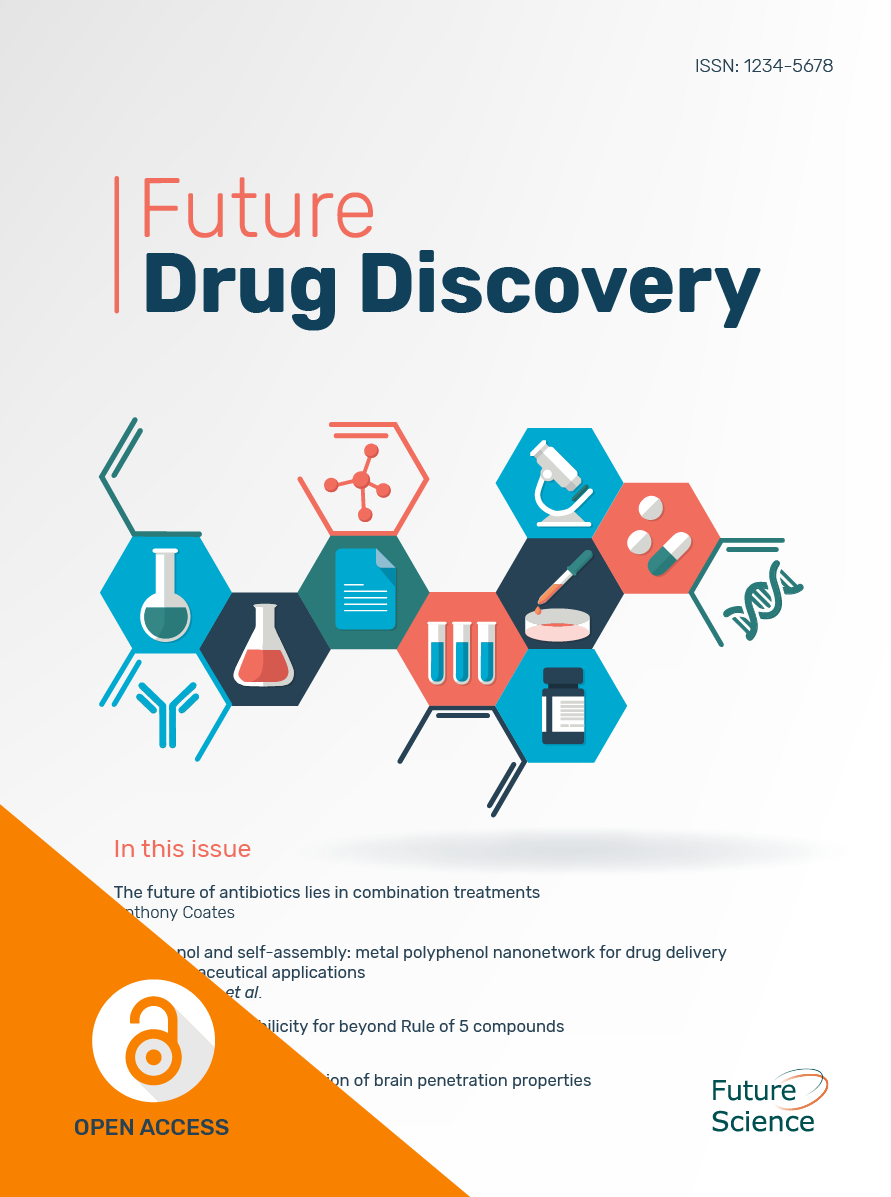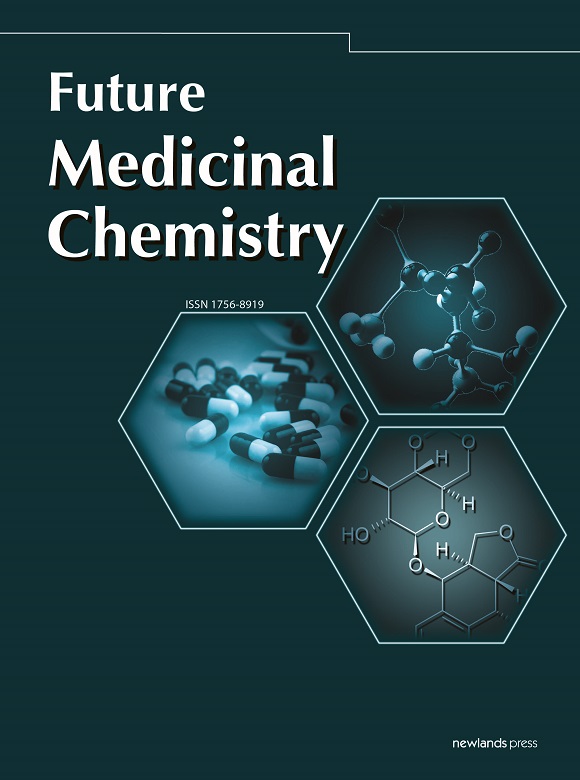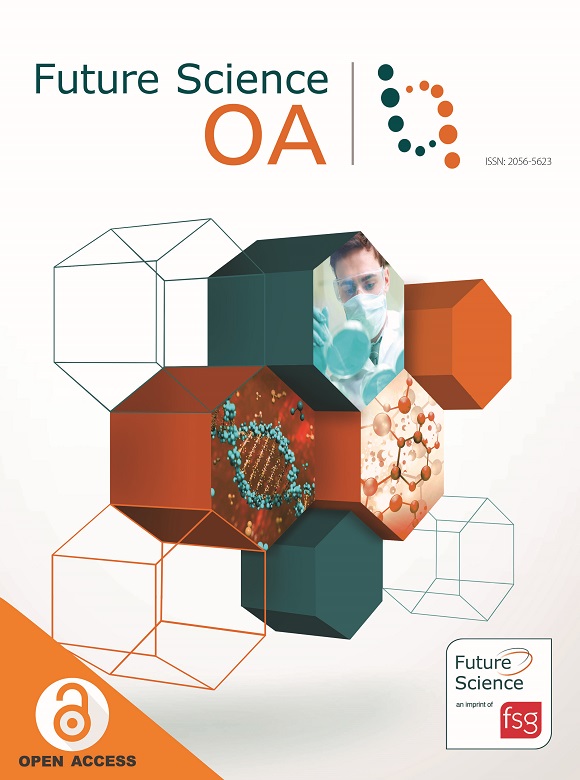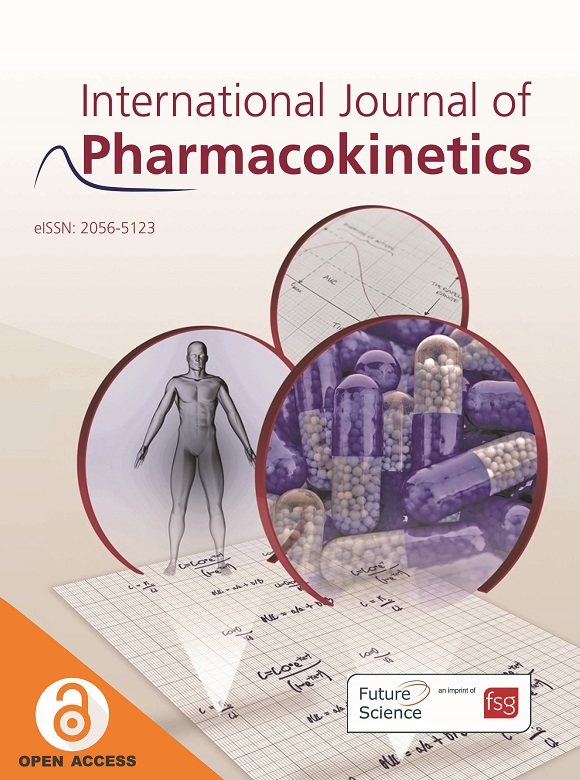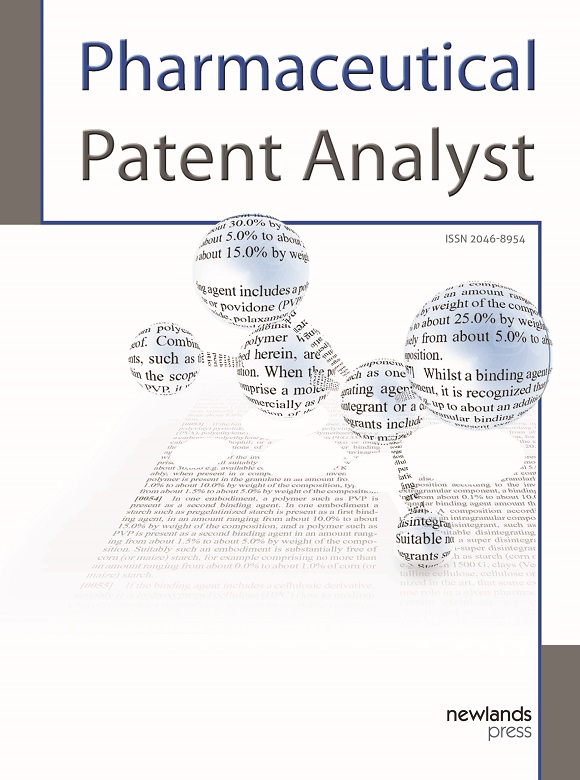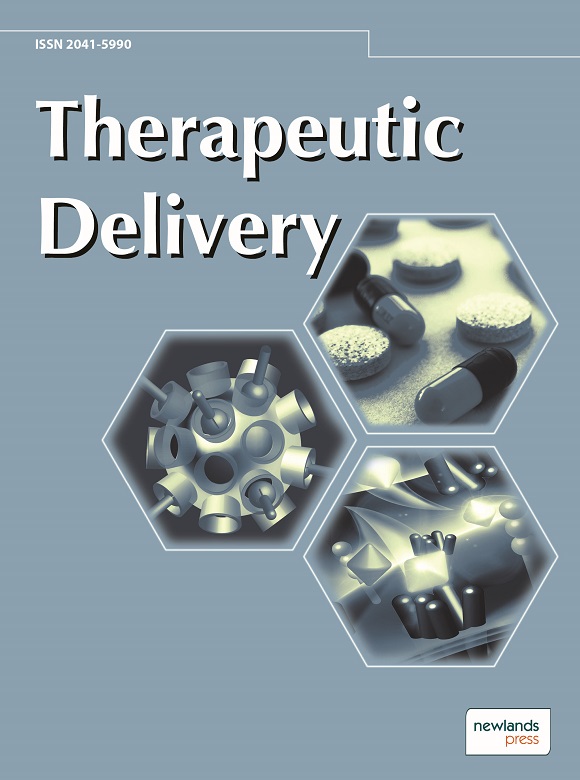Abstract
Stem cells have been therapeutically utilized in replacement of hematopoetic cells for decades. This is in contrast to the recent emergence of adult stem cells as, perhaps, safe and beneficial therapeutics for multiple diseases and disorders. In particular, mesenchymal stem cells (MSCs) are currently used in multiple human clinical trials. Although MSCs are ubiquitous, bone marrow, umbilical cord and adipose tissue are the sources where MSCs are isolated for research and clinical application. MSCs were thought to be mesodermal due to the initial reports showing their differentiation into specialized mesodermal cells such as chondrocytes. However, it now appears that MSCs might be neuroectodermal in origin. Thus far, there is no evidence of in vivo transformation of MSCs. However, it is too early to prove or disprove that MSCs can be transformed in vivo in clinical trials. MSCs display immunosuppressive properties when placed in a milieu of inflammatory mediators. This phenotype makes MSCs easily available for therapies as ‘off-the-shelf’ cells. Additionally, MSCs express chemotactic receptors, thereby allowing them to migrate to sites of tissue injury. This latter property has proven useful in the embodiment of MSCs as cellular vehicles to deliver targeted therapeutics to precise regions. The MSCs would typically harbor a prodrug or ectopically express a therapeutic gene to be delivered at a targeted site. This approach has been utilized in a number of different indications requiring precise therapeutic delivery, specifically cancer, cardiovascular disorders and neurodegenerative diseases. Combined with their immune-privileged status, safe clinical profile and low tumorigenicity, MSCs offer vast potential to benefit patients with serious diseases, for which limited treatment options exist.
Papers of special note have been highlighted as: ▪ of interest ▪▪ of considerable interest
References
- 1 Meijer GJ, de Bruijn JD, Koole R, van Blitterswijk CA. Cell based bone tissue engineering in jaw defects. Biomaterials29(21),3053–3061 (2008).
- 2 Davatchi F, Abdollahi BS, Mohyeddin M, Shahram F, Nikbin B. Mesenchymal stem cell therapy for knee osteoarthritis. Preliminary report of four patients. Int. J. Rheum. Dis.14(2),211–215 (2011).
- 3 Orozco L, Soler R, Morera C, Alberca M, Sanchez A, Garcia-Sancho J. Intervertebral disc repair by autologous mesenchymal bone marrow cells: a pilot study. Transplantation92(7),822–828 (2011).
- 4 Wakitani S, Okabe T, Horibe S et al. Safety of autologous bone marrow-derived mesenchymal stem cell transplantation for cartilage repair in 41 patients with 45 joints followed for up to 11 years and 5 months. J. Tissue Eng. Regen. Med.5(2),146–150 (2011).
- 5 Greco SJ, Zhou C, Ye JH, Rameshwar P. An interdisciplinary approach and characterization of neuronal cells transdifferentiated from human mesenchymal stem cells. Stem Cells Dev.16(5),811–826 (2007).
- 6 Franquesa M, Herrero E, Torras J et al. Mesenchymal stem cell therapy prevents IFTA in a rat kidney allograft model. Stem Cells Dev. (2012) (Epub ahead of print).
- 7 Sakai Y, Kaneko S. Mesenchymal stem cell therapy on murine model of nonalcoholic steatohepatitis. Methods Mol. Biol.826,217–223 (2012).
- 8 Nourissat G, Diop A, Maurel N et al. Mesenchymal stem cell therapy regenerates the native bone-tendon junction after surgical repair in a degenerative rat model. PLoS ONE5(8),e12248 (2010).
- 9 Lee KB, Hui JH, Song IC, Ardany L, Lee EH. Injectable mesenchymal stem cell therapy for large cartilage defects – a porcine model. Stem Cells25(11),2964–2971 (2007).
- 10 Bleul CC, Fuhlbrigge RC, Casasnovas JM, Aiuti A, Springer TA. A highly efficacious lymphocyte chemoattractant, stromal cell-derived factor 1 (SDF-1). J. Exp. Med.184(3),1101–1109 (1996).
- 11 Schantz JT, Chim H, Whiteman M. Cell guidance in tissue engineering: SDF-1 mediates site-directed homing of mesenchymal stem cells within three-dimensional polycaprolactone scaffolds. Tissue Eng.13(11),2615–2624 (2007).
- 12 Le Blanc K, Rasmusson I, Sundberg B et al. Treatment of severe acute graft-versus-host disease with third party haploidentical mesenchymal stem cells. Lancet363(9419),1439–1441 (2004).
- 13 Lazarus HM, Koc ON, Devine SM et al. Cotransplantation of HLA-identical sibling culture-expanded mesenchymal stem cells and hematopoietic stem cells in hematologic malignancy patients. Biol. Blood Marrow Transplant.11(5),389–398 (2005).
- 14 Ringden O, Uzunel M, Rasmusson I et al. Mesenchymal stem cells for treatment of therapy-resistant graft-versus-host disease. Transplantation81(10),1390–1397 (2006).
- 15 Perez-Simon JA, Lopez-Villar O, Andreu EJ et al. Mesenchymal stem cells expanded in vitro with human serum for the treatment of acute and chronic graft-versus-host disease: results of a Phase I/II clinical trial. Haematologica96(7),1072–1076 (2011).
- 16 Arima N, Nakamura F, Fukunaga A et al. Single intra-arterial injection of mesenchymal stromal cells for treatment of steroid-refractory acute graft-versus-host disease: a pilot study. Cytotherapy12(2),265–268 (2010).
- 17 Connick P, Kolappan M, Patani R et al. The mesenchymal stem cells in multiple sclerosis (MSCIMS) trial protocol and baseline cohort characteristics: an open-label pre-test: post-test study with blinded outcome assessments. Trials12,62 (2011).
- 18 Yamout B, Hourani R, Salti H et al. Bone marrow mesenchymal stem cell transplantation in patients with multiple sclerosis: a pilot study. J. Neuroimmunol.227(1–2),185–189 (2010).
- 19 Potian JA, Aviv H, Ponzio NM, Harrison JS, Rameshwar P. Veto-like activity of mesenchymal stem cells: functional discrimination between cellular responses to alloantigens and recall antigens. J. Immunol.171(7),3426–3434 (2003).▪ One of the pioneering studies to define the immune properties of mesenchymal stem cells (MSCs).
- 20 Chan JL, Tang KC, Patel AP et al. Antigen-presenting property of mesenchymal stem cells occurs during a narrow window at low levels of interferon-gamma. Blood107(12),4817–4824 (2006).
- 21 Ra JC, Shin IS, Kim SH et al. Safety of intravenous infusion of human adipose tissue-derived mesenchymal stem cells in animals and humans. Stem Cells Dev.20(8),1297–1308 (2011).▪▪ Demonstrates the safety and tolerability profile of human MSCs in vivo.
- 22 Wang Y, Huso DL, Harrington J et al. Outgrowth of a transformed cell population derived from normal human BM mesenchymal stem cell culture. Cytotherapy7(6),509–519 (2005).
- 23 Yamaoka E, Hiyama E, Sotomaru Y et al. Neoplastic transformation by TERT in FGF-2-expanded human mesenchymal stem cells. Int. J. Oncol.39(1),5–11 (2011).
- 24 Balyasnikova IV, Ferguson SD, Sengupta S, Han Y, Lesniak MS. Mesenchymal stem cells modified with a single-chain antibody against EGFRvIII successfully inhibit the growth of human xenograft malignant glioma. PLoS ONE5(3),e9750 (2010).
- 25 Choi SA, Hwang SK, Wang KC et al. Therapeutic efficacy and safety of TRAIL-producing human adipose tissue-derived mesenchymal stem cells against experimental brainstem glioma. Neuro. Oncol.13(1),61–69 (2011).▪▪ Study exemplifying the use of engineered MSCs as cytotoxic agents.
- 26 Kim SM, Oh JH, Park SA et al. Irradiation enhances the tumor tropism and therapeutic potential of tumor necrosis factor-related apoptosis-inducing ligand-secreting human umbilical cord blood-derived mesenchymal stem cells in glioma therapy. Stem Cells28(12),2217–2228 (2010).
- 27 Nakamura K, Ito Y, Kawano Y et al. Antitumor effect of genetically engineered mesenchymal stem cells in a rat glioma model. Gene Ther.11(14),1155–1164 (2004).
- 28 Sun XL, Xu ZM, Ke YQ et al. Molecular targeting of malignant glioma cells with an EphA2-specific immunotoxin delivered by human bone marrow-derived mesenchymal stem cells. Cancer Lett.312(2),168–177 (2011).
- 29 Hu W, Wang J, He X et al. Human umbilical blood mononuclear cell-derived mesenchymal stem cells serve as interleukin-21 gene delivery vehicles for epithelial ovarian cancer therapy in nude mice. Biotechnol. Appl. Biochem.58(6),397–404 (2011).
- 30 Park SA, Ryu CH, Kim SM et al. CXCR4-transfected human umbilical cord blood-derived mesenchymal stem cells exhibit enhanced migratory capacity toward gliomas. Int. J. Oncol.38(1),97–103 (2011).
- 31 Pessina A, Bonomi A, Cocce V et al. Mesenchymal stromal cells primed with paclitaxel provide a new approach for cancer therapy. PLoS ONE6(12),e28321 (2011).
- 32 Hsiao WC, Sung SY, Liao CH, Wu HC, Hsieh CL. Vitamin D(3)-Inducible Mesenchymal stem cell-based delivery of conditionally replicating adenoviruses effectively targets renal cell carcinoma and inhibits tumor growth. Mol. Pharm.9(5),1396–408 (2012).
- 33 Choi SA, Lee JY, Wang KC et al. Human adipose tissue-derived mesenchymal stem cells: characteristics and therapeutic potential as cellular vehicles for prodrug gene therapy against brainstem gliomas. Eur. J. Cancer48(1),129–137 (2012).▪▪ Study exemplifies how MSCs engineered with specialized enzymes could be utilized as a vehicle for targeted delivery of a toxic drug to a region of interest following peripheral administration of a prodrug.
- 34 Kucerova L, Altanerova V, Matuskova M, Tyciakova S, Altaner C. Adipose tissue-derived human mesenchymal stem cells mediated prodrug cancer gene therapy. Cancer Res.67(13),6304–6313 (2007).
- 35 Song C, Xiang J, Tang J et al. Thymidine kinase gene modified bone marrow mesenchymal stem cells as vehicles for antitumor therapy. Hum. Gene Ther.22(4),439–449 (2011).
- 36 Cavarretta IT, Altanerova V, Matuskova M, Kucerova L, Culig Z, Altaner C. Adipose tissue-derived mesenchymal stem cells expressing prodrug-converting enzyme inhibit human prostate tumor growth. Mol. Ther.18(1),223–231 (2010).
- 37 Kidd S, Caldwell L, Dietrich M et al. Mesenchymal stromal cells alone or expressing interferon-beta suppress pancreatic tumors in vivo, an effect countered by anti-inflammatory treatment. Cytotherapy12(5),615–625 (2010).
- 38 Mohr A, Lyons M, Deedigan L et al. Mesenchymal stem cells expressing TRAIL lead to tumour growth inhibition in an experimental lung cancer model. J. Cell. Mol. Med.12(6B),2628–2643 (2008).
- 39 Li X, Lu Y, Huang W et al.In vitro effect of adenovirus-mediated human gamma interferon gene transfer into human mesenchymal stem cells for chronic myelogenous leukemia. Hematol. Oncol.24(3),151–158 (2006).
- 40 Kurozumi K, Nakamura K, Tamiya T et al.BDNF gene-modified mesenchymal stem cells promote functional recovery and reduce infarct size in the rat middle cerebral artery occlusion model. Mol. Ther.9(2),189–197 (2004).
- 41 Somoza R, Juri C, Baes M, Wyneken U, Rubio FJ. Intranigral transplantation of epigenetically induced BDNF-secreting human mesenchymal stem cells: implications for cell-based therapies in Parkinson’s disease. Biol. Blood Marrow Transplant.16(11),1530–1540 (2010).
- 42 Cho GW, Koh SH, Kim MH et al. The neuroprotective effect of erythropoietin-transduced human mesenchymal stromal cells in an animal model of ischemic stroke. Brain Res.1353,1–13 (2010).
- 43 Liu N, Zhang Y, Fan L et al. Effects of transplantation with bone marrow-derived mesenchymal stem cells modified by survivin on experimental stroke in rats. J. Transl. Med.9,105 (2011).
- 44 Toyama K, Honmou O, Harada K et al. Therapeutic benefits of angiogenetic gene-modified human mesenchymal stem cells after cerebral ischemia. Exp. Neurol.216(1),47–55 (2009).
- 45 Xiong N, Zhang Z, Huang J et al. VEGF-expressing human umbilical cord mesenchymal stem cells, an improved therapy strategy for Parkinson’s disease. Gene Ther.18(4),394–402 (2011).
- 46 Lu L, Zhao C, Liu Y et al. Therapeutic benefit of TH-engineered mesenchymal stem cells for Parkinson’s disease. Brain Res. Brain Res. Protoc.15(1),46–51 (2005).
- 47 Klinge PM, Harmening K, Miller MC et al. Encapsulated native and glucagon-like peptide-1 transfected human mesenchymal stem cells in a transgenic mouse model of Alzheimer’s disease. Neurosci. Lett.497(1),6–10 (2011).
- 48 Greco SJ, Rameshwar P. Enhancing effect of IL-1alpha on neurogenesis from adult human mesenchymal stem cells: implication for inflammatory mediators in regenerative medicine. J. Immunol.179(5),3342–3350 (2007).
- 49 Grigoriadis N, Lourbopoulos A, Lagoudaki R et al. Variable behavior and complications of autologous bone marrow mesenchymal stem cells transplanted in experimental autoimmune encephalomyelitis. Exp. Neurol.230(1),78–89 (2011).
- 50 Snyder EY. The risk of putting something where it does not belong: mesenchymal stem cells produce masses in the brain. Exp. Neurol.230(1),75–77 (2011).
- 51 Madonna R, De Caterina R. Stem cells and growth factor delivery systems for cardiovascular disease. J. Biotechnol.154(4),291–297 (2011).
- 52 Tang J, Wang J, Yang J et al. Mesenchymal stem cells over-expressing SDF-1 promote angiogenesis and improve heart function in experimental myocardial infarction in rats. Eur. J. Cardiothorac. Surg.36(4),644–650 (2009).
- 53 Haider H, Jiang S, Idris NM, Ashraf M. IGF-1-overexpressing mesenchymal stem cells accelerate bone marrow stem cell mobilization via paracrine activation of SDF-1alpha/CXCR4 signaling to promote myocardial repair. Circ. Res.103(11),1300–1308 (2008).
- 54 Huang J, Zhang Z, Guo J et al. Genetic modification of mesenchymal stem cells overexpressing CCR1 increases cell viability, migration, engraftment, and capillary density in the injured myocardium. Circ. Res.106(11),1753–1762 (2010).▪▪ Study demonstrates how gene therapy can be utilized to promote the regenerative capabilities of transplanted MSCs.
- 55 Duan HF, Wu CT, Wu DL et al. Treatment of myocardial ischemia with bone marrow-derived mesenchymal stem cells overexpressing hepatocyte growth factor. Mol. Ther.8(3),467–474 (2003).
- 56 Matsumoto R, Omura T, Yoshiyama M et al. Vascular endothelial growth factor-expressing mesenchymal stem cell transplantation for the treatment of acute myocardial infarction. Arterioscler. Thromb. Vasc. Biol.25(6),1168–1173 (2005).
- 57 Sun L, Cui M, Wang Z et al. Mesenchymal stem cells modified with angiopoietin-1 improve remodeling in a rat model of acute myocardial infarction. Biochem. Biophys. Res. Commun.357(3),779–784 (2007).
- 58 Kuraitis D, Hou C, Zhang Y et al.Ex vivo generation of a highly potent population of circulating angiogenic cells using a collagen matrix. J. Mol. Cell. Cardiol.51(2),187–197 (2011).
- 59 Godier-Furnemont AF, Martens TP, Koeckert MS et al. Composite scaffold provides a cell delivery platform for cardiovascular repair. Proc. Natl Acad. Sci. USA108(19),7974–7979 (2011).
- 60 Perez CM, Panitch A, Chmielewski J. A collagen peptide-based physical hydrogel for cell encapsulation. Macromol. Biosci.11(10),1426–1431 (2011).
- 61 Zhou H, Xu HH. The fast release of stem cells from alginate-fibrin microbeads in injectable scaffolds for bone tissue engineering. Biomaterials32(30),7503–7513 (2011).
- 62 Saito S, Nakayama T, Hashimoto N et al. Mesenchymal stem cells stably transduced with a dominant-negative inhibitor of CCL2 greatly attenuate bleomycin-induced lung damage. Am. J. Pathol.179(3),1088–1094 (2011).
- 63 Kanki-Horimoto S, Horimoto H, Mieno S et al. Implantation of mesenchymal stem cells overexpressing endothelial nitric oxide synthase improves right ventricular impairments caused by pulmonary hypertension. Circulation114(Suppl. 1),I181–I185 (2006).

